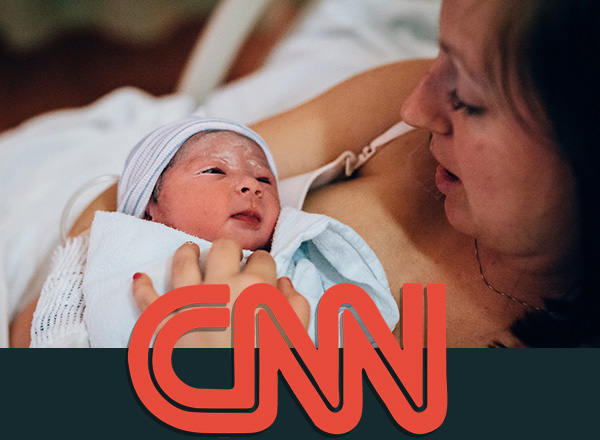IVF Techniques
- Intrauterine Insemination (IUI)
- Intra-Cytoplasmic Sperm Injection ICSI
- Embryo selection with time-lapse and artificial intelligence
- In Vitro Maturation (IVM)
- Mini IVF
- Assisted Hatching
- Assessment of Embryo Reproductive Potential (ERP)
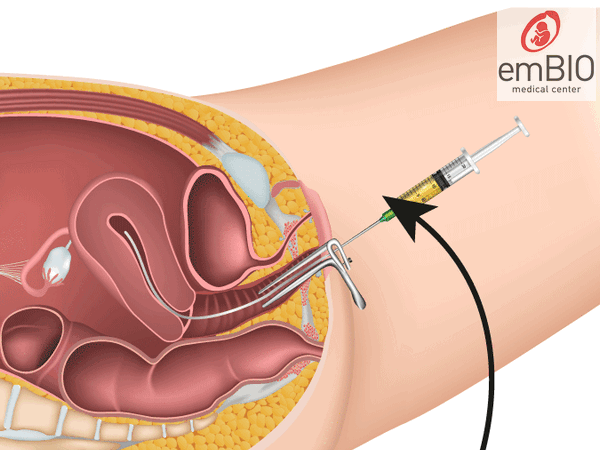
Intrauterine Insemination (IUI)
Intrauterine Insemination (IUI) is a simple procedure with few side effects and can help women who want to get pregnant but are unable to achieve it. In intrauterine insemination, the doctor inserts properly prepared sperm into the uterus. The procedure is much simpler than IVF but has lower success rates. Read more...
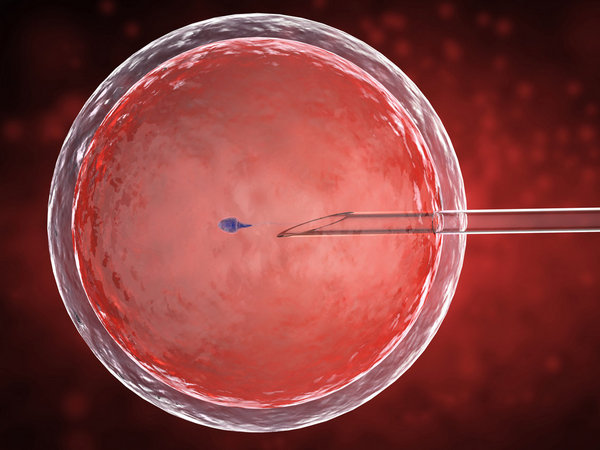
Intra-Cytoplasmic Sperm Injection ICSI
IVF with ICSI entails the deposition of a single sperm into the main body of the egg (cytoplasm), thus bypassing the egg's outer layers (zona pellucida). The whole procedure is performed in the lab by the embryologists using special equipment, for egg and sperm manipulation, under the control of high-powered microscopes. Read more...
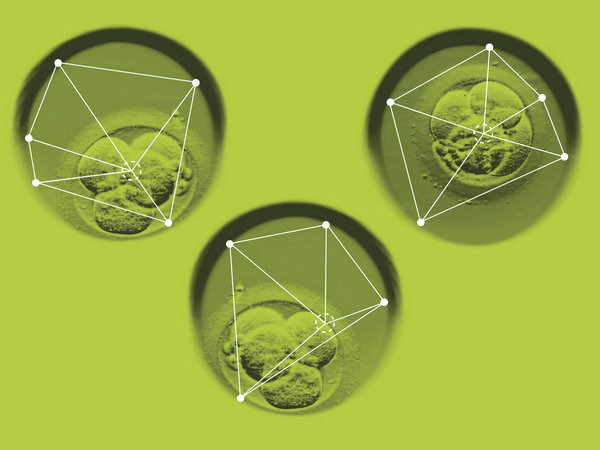
Embryo selection with time-lapse and artificial intelligence
The incubation of embryos with constant monitoring and photographing at regular intervals (time-lapse) is the latest technology used in IVF treatments, which enables embryologists to evaluate embryos in detail with the aid of artificial intelligence. Today the emergence of time-lapse technology in IVF treatments is considered a huge step forward. Read more...
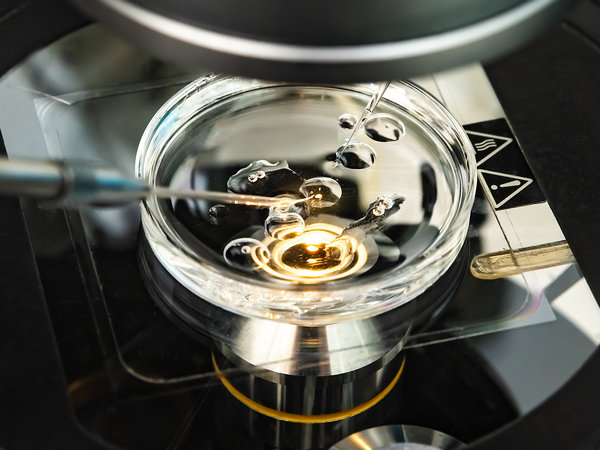
In Vitro Maturation (IVM)
In vitro maturation is a safe and effective treatment offered in fertility centers for assisted reproduction. With IVM treatment, no hormone therapy is taken to produce large numbers of mature eggs at egg retrieval. Instead, immature oocytes (antral follicles) are retrieved from the woman's ovary and are matured in the lab for 24-48 hours. Read more...
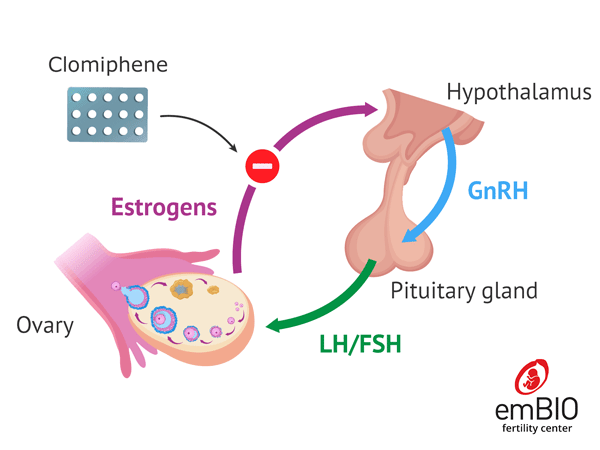
Mini IVF
Mini-IVF is designed to recruit only a few high-quality eggs, therefore reducing the risks of hyper-stimulation, the cost of drugs, the number of injections, and avoiding the painful progesterone injections completely. On Day 3 of the menstrual cycle, the patient starts a low dose of Clomiphene (50mg), which does not stop in five days as is usually the custom. Read more...
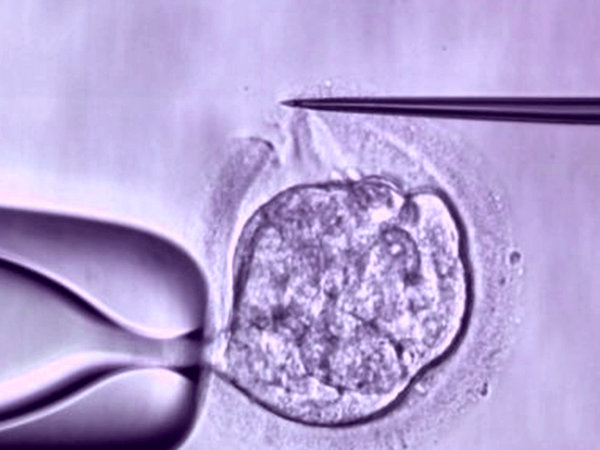
Assisted Hatching
Assisted hatching is a procedure in which the embryo's outer layer (Zona Pellucida) is either thinned or opened to facilitate hatching. Pregnancy rates for in vitro fertilization procedures with assisted hatching have been shown in some published studies to be higher than for IVF without hatching. Read more...
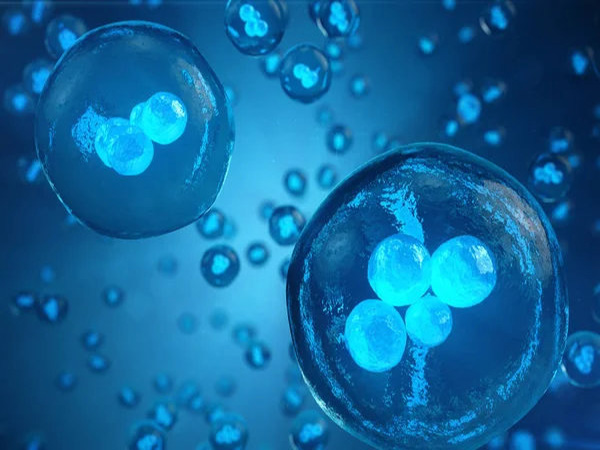
Assessment of Embryo Reproductive Potential (ERP)
Non-invasive Analysis Using Biospectroscopy Based Metabolomics (BSM) is the new technique which involves non-invasive metabolomic profiling of the embryos surrounding culture media. Using Near Infrared (NIR) spectroscopy to profile biomarkers of οxidative and energy metabolism (metabolite profiles) enables us to accurately identify embryos with reproductive potential in IVF. Read more...

